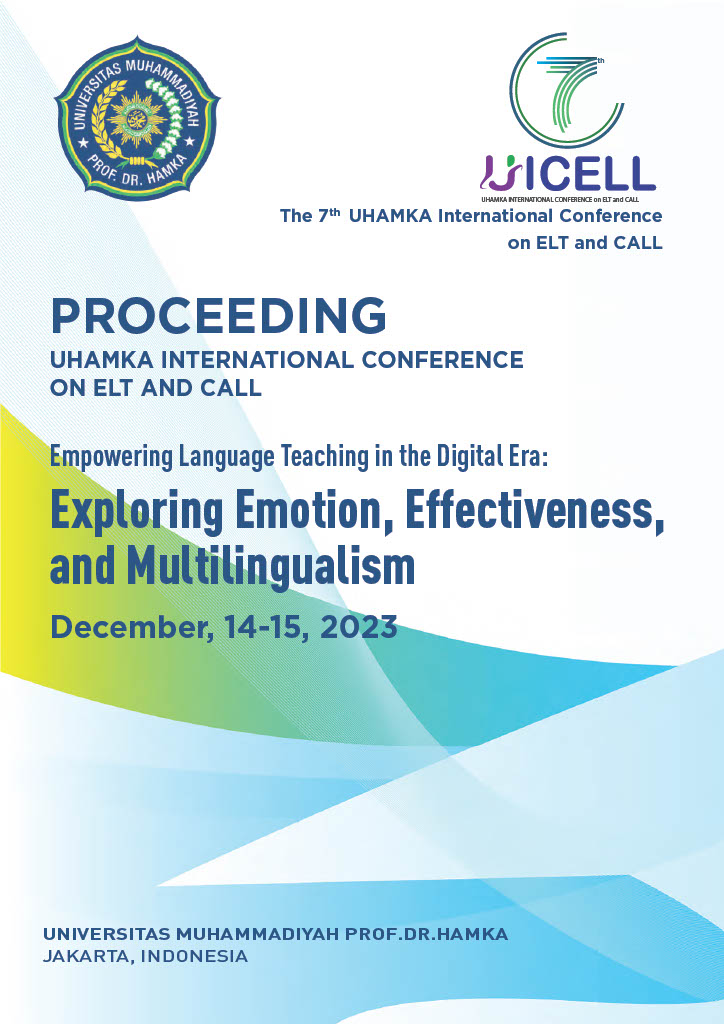Freud's Psychoanalysis In The Short Story "Serupa dan Serapuh" in Indonesian Literary Language Learning
Abstract
The function of literature can be manifested in its utilization as a medium to reinforce the Pancasila profile among high school students. As contemporary educational materials increasingly require the integration of moral values that need to be echoed and instilled in students, many of them have begun to distance themselves from ethical considerations. It is crucial to guide students in distinguishing between right and wrong actions, fostering a collective consciousness, and promoting tolerance. The purpose of this research is to describe Freudian psychoanalysis in the short story "Serupa dan Serapuh" by Valiant Budi and its relevance in Indonesian literature learning. The research methodology employed is qualitative descriptive research. The object of the study is the author's worldview using theories from psychological literary approaches. Data collected, analyzed, and described may include words, sentences, and discourse. Data collection techniques involve reading and note-taking. Based on the findings, the research identifies personality structures in the main character, comprising the id, ego, and super-ego. The emergence of personality dynamics, such as anxiety, is inseparable from the character's personality structure. Defense mechanisms, including repression, reaction formation, and fixation, also manifest in the characters. The relevance of these findings to strengthening the Pancasila profile for students is evident throughout the storyline, character portrayals, story content, language, and the author's intended messages, all of which align closely with the values of the Pancasila student profile.
Keywords: Psychoanalysis, Short Story, Literature Learning

